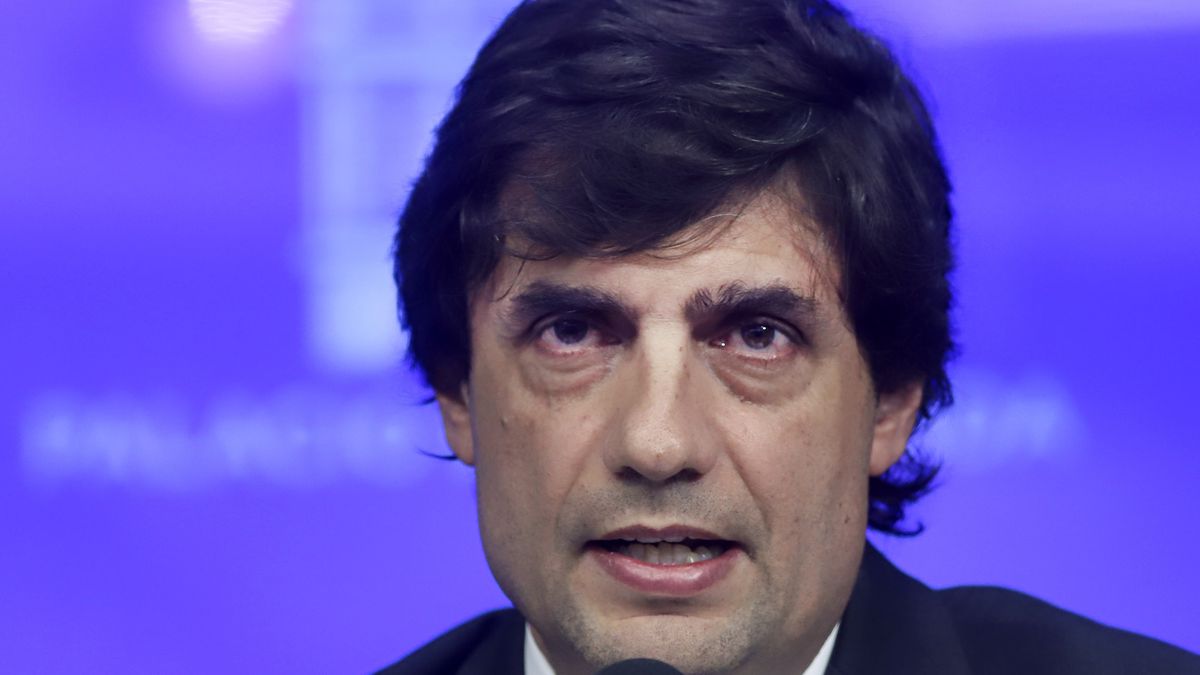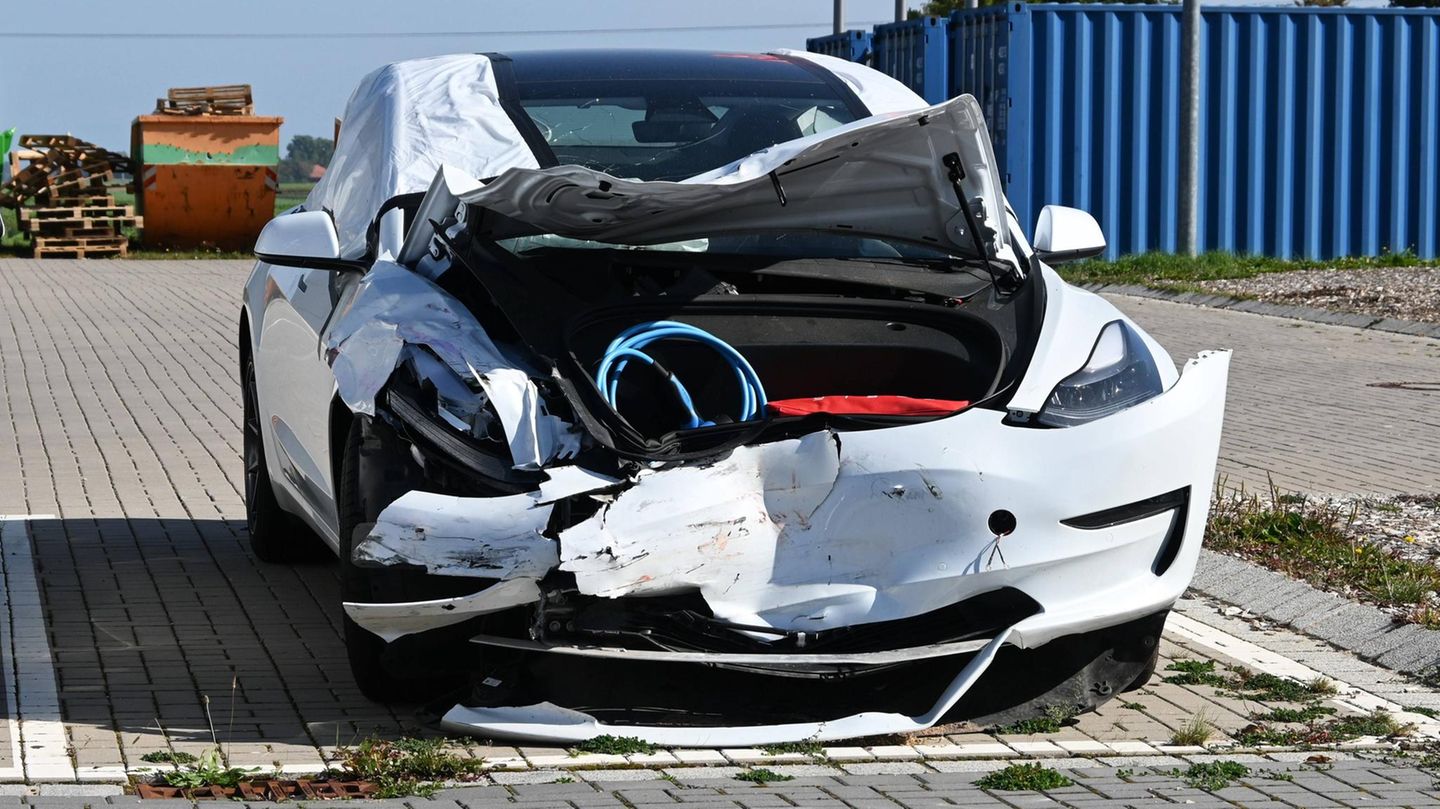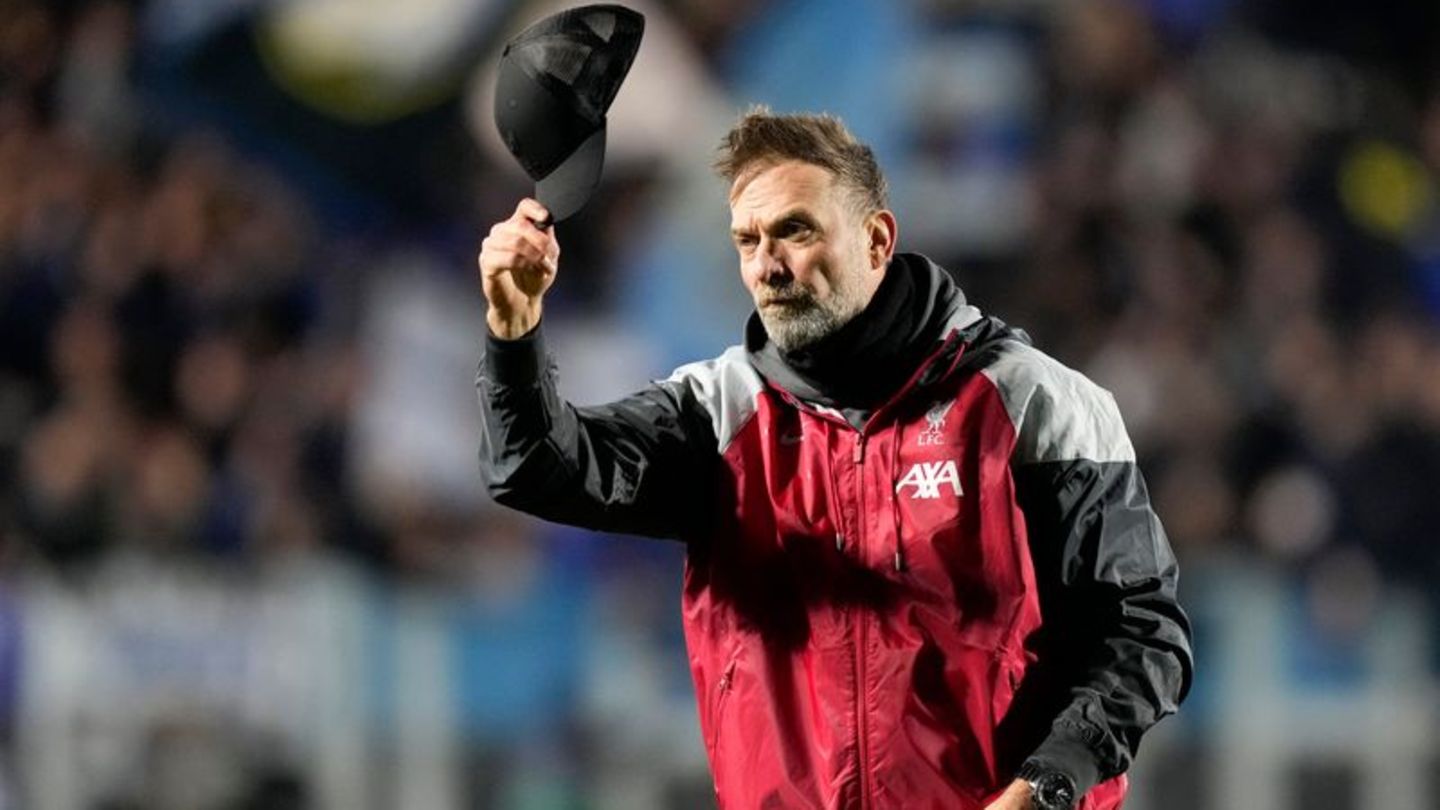Hernán Lacunza told how his experience in Economics was
The economist member of the team of Horacio Rodriguez Larreta indicated: “The idea is that it will not be like this for the next 40 years. If the popular vote accompanies us, we want to start doing things differently from that story in economic matters, so that we can discuss the dilemmas of well-being and not those of scarcity, which are the ones that haunt us all the time: poverty, lack of dollars, inflation.
Regarding the inheritance received in 2015, left in 2019 and the one that the next Government finds, Lacunza resumed that debate and expressed: “The inheritance is not left to the next government, but to the Argentines and those who take office will have to diminish or manage, but the consequences are suffered by the citizens.”
Public finances, the debate – Hernán Lacunza, Director of Empiria Consultores.jpg
Along these lines, and given the constant allusion of the ruling party to the inheritance of the Cambiemos administration to saddle the responsibility for current problems, he pointed out: “The cultural damage of Kirchnerism is the decline of public debate, where it is worth lying and saying anything, so the discussion is deaf. The fault is always the other”.
In turn, he specified that “(María Eugenia) Vidal’s debt was identical to that at the beginning (11 billion dollars)”.
The departure of Mauricio Macri and the default
On the other hand, when making a self-criticism in economic matters of the crisis unleashed after the defeat of the then ruling party in the PASO of 2019, he maintained: “An economy should not be vulnerable to an electoral result because otherwise you did something wrong.”
In addition, he explained that the vulnerability was revealed and said: “The economic scheme was not robust to the possibility that we would lose the elections.”
As a result of that, he recalled the moment in which he took charge of the Palacio de Hacienda and specified: “I asked the President that here there are not two results, winning or losing the election, there are three: winning, losing or leaving before and that The latter cannot happen because it is a superior institutional crisis from which Argentina has not come back”.
The order of priorities
Likewise, Lacunza indicated that the task that fell to him was to choose between unfavorable options, expressing that “in economic terms one orders and chooses the least bad” and exemplified it with a list where “The worst thing is hyperinflation, the second is a problem with deposits, the third is another round of devaluation, inflation and poverty, and the fourth is that the debt cannot be paid on time and in the correct manner. bad, which is obviously not good”.
Given this scenario, he recalled Macri’s position, noting that: “The President told me that he did not want the poor to suffer a new round of devaluation and inflation.”
Looking to the future and when asked what would be the position of a possible Larreta government, the economist stated: “The dilemma of gradualism versus shock if you have credit is a dilemma but if you don’t it is abstract.” While in relation to the differences within the opposition alliance, he affirmed that “in Together for Change there are no programmatic differences, there are style differences.”
At the same time he considered: “We cannot continue like this. The average inflation of democracy, taking out the hyper is 75%, similar to the current one. The average poverty of democracy is 34%. A third of Argentines always live below the poverty line. When we do a little better it is 30 and when we do a little worse like now it is 40″.
Meanwhile, he pointed out that “a leadership consensus and a popular understanding must be achieved that you cannot spend more than what you earn all the time.”
Source: Ambito




